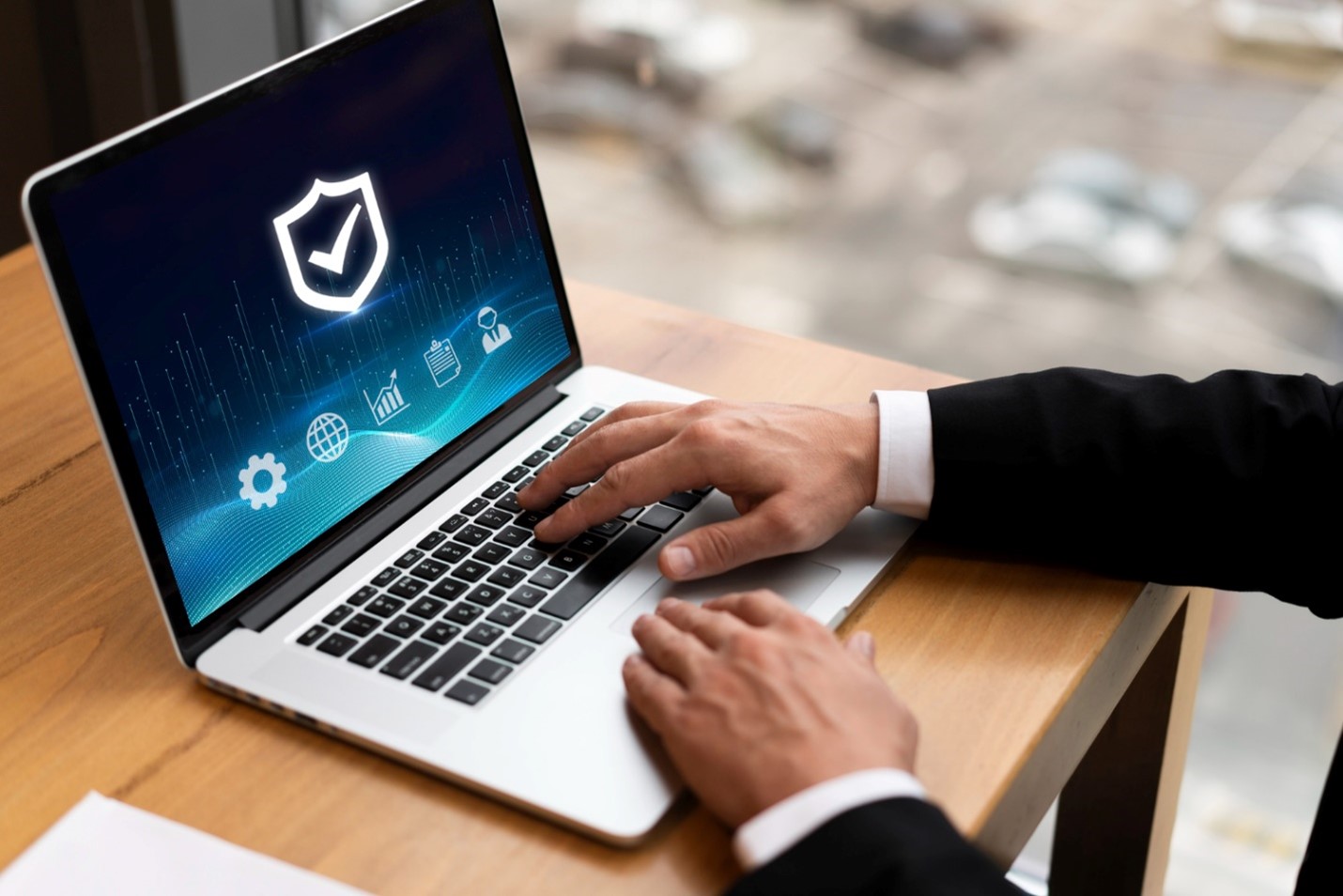8 Critical Tips for Enhancing Online Financial Security
In today’s digital age, where most of our financial transactions are conducted online, ensuring the security of our financial information has become more critical than ever. With the increasing number of cyber threats and sophisticated hacking techniques, it is essential to take proactive measures to safeguard your wealth.
Table of Contents
Best Practices for Enhancing Online Financial Security
#1 Recognize and Avoid Phishing Attempts
With phishing attacks rising, you must learn to recognize and avoid such scams. For starters, be wary of unsolicited emails or messages asking for personal or financial information. Legitimate organizations will never ask you to provide sensitive data through email or text.
Check for telltale signs of phishing, such as misspellings, poor grammar, and suspicious links.
Remember the old adage: if something appears too good to be true, it probably is. So, avoid offers that may be part of loan scams. You must know these warning signs to avoid getting trapped in a loan scam.
#2 Use Secure Websites
When performing any financial transactions online, it is imperative to use secure websites. Look for the padlock icon in the address bar, indicating that the website has a valid SSL certificate, encrypting your data during transmission.
#3 Take Advantage of Multi-Factor Authentication
One of the most effective ways to enhance your online financial security is by implementing multi-factor authentication (MFA). MFA adds an extra layer of protection by requiring more than just a password to access your accounts.
#4 Keep Your Operating System Updated
Regularly updating your operating system is crucial for maintaining online financial security. Operating system updates often include important security patches that address vulnerabilities that hackers may exploit. Feel free to set up your device to install updates automatically for your convenience.
#5 Download Security Patches Regularly
In addition to updating your operating system, you must download security patches for other software and applications. Software vendors frequently release patches to address security vulnerabilities that hackers could exploit. Again, you can set your device to install the latest security patches automatically.
#6 Use Good Antivirus Software
Protecting your devices from malware is crucial for maintaining online financial security. Install reputable antivirus software and keep it up to date to defend against ransomware, Trojans, spyware, and other malicious software. Antivirus software scans your system for potential threats, blocks suspicious websites, and alerts you to potential risks.
#7 Set Complex Passwords
A strong password is your first line of defense against unauthorized access to your online accounts. Here are some tips that may help with your password game:
- Create unique and complex passwords for each of your accounts, incorporating a mix of upper and lowercase letters, numbers, and symbols.
- Avoid using personal information or easily guessed patterns.
- Consider using a password manager to securely store and generate strong passwords.
- Remember to change your passwords periodically to enhance your online security further.
#8 Avoid Public WiFi
Publish WiFi networks, while coinvent, usually carry weak security settings. Users of such networks can be vulnerable to hacking. Avoid public WiFi for sensitive transactions. If you must use public WiFi, consider using a reputable virtual private network (VPN) to encrypt your connection and add an extra layer of security.
Enhancing online financial security is an ongoing effort that requires vigilance and proactive measures. Take the steps outlined above to secure your finances and your confidential data.




